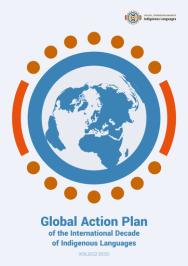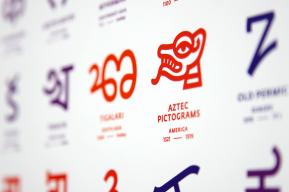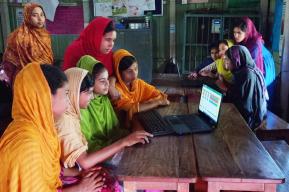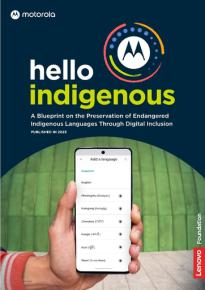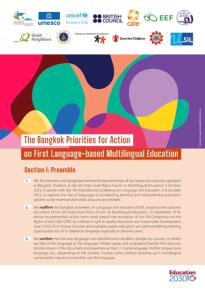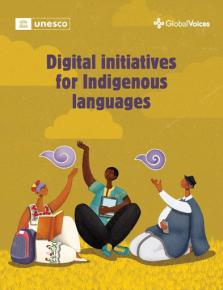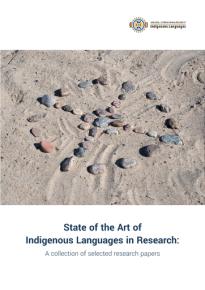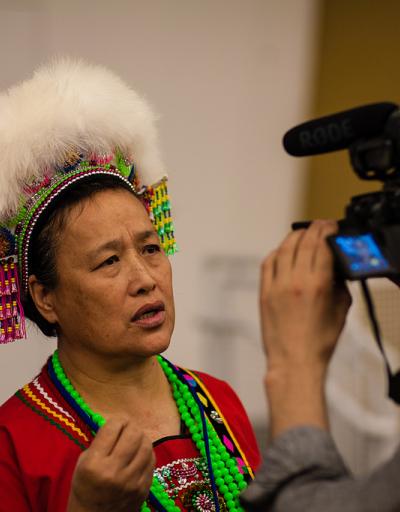
Multilingualism and Linguistic diversity
Language enables the delivery of information and knowledge coded in different sociocultural, political, and economic contexts. Everyone has the right to freedom of expression in a language of their choice on the Internet and in the public domain, as enshrined within the international human rights instruments, including the Universal Declaration of Human Rights and emphasized in the UNESCO Recommendation concerning the Promotion and Use of Multilingualism and Access to Cyberspace (2003). The 2003 Recommendation is an unique normative instrument which encourages international organizations, governments, civil society, academia and private sector organizations including IT industry, to collaborate in the development of multilingual content and systems, facilitate access to networks and systems, develop public domain content, and seek equitable balance between the interests of rights-holders and the public interest.
Despite the immense value of languages, more than half of all languages are in danger of falling into disuse, with devastating impacts for the global linguistic diversity and the situation of language communities, particularly Indigenous Peoples. As part of its action to implement the United Nations resolution (A/RES/74/135), UNESCO is the lead United Nations agency for the International Decade of Indigenous Languages in collaboration with UNDESA and other relevant agencies.
Highlights
Join the International Decade of Indigenous Languages 2022-2032
UNESCO is celebrating a truly transformative and action-driven International Decade of Indigenous Languages and build a global community around Indigenous languages and their users!
Register on the IDIL2022-2032 Website
Follow the IDIL2022-2032 on social media:
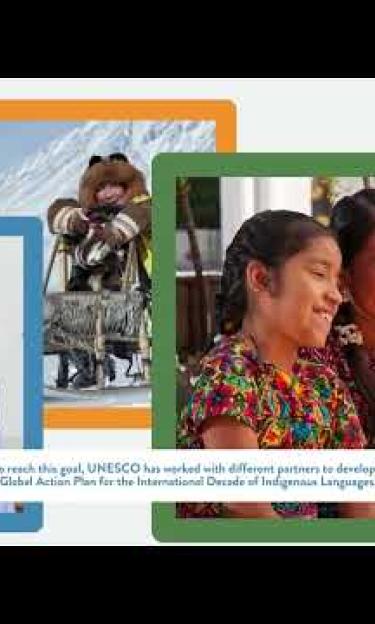
YouTube Playlist: #IDIL2022-2032: a global community for Indigenous Languages
Facts and Figures
News
Our Events
Publications
Documents
